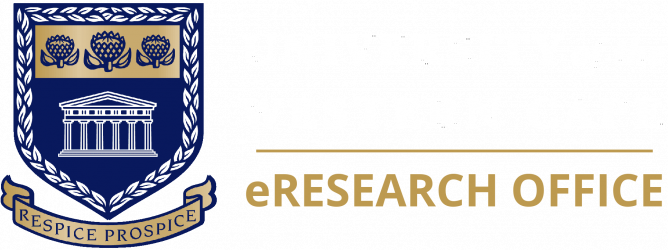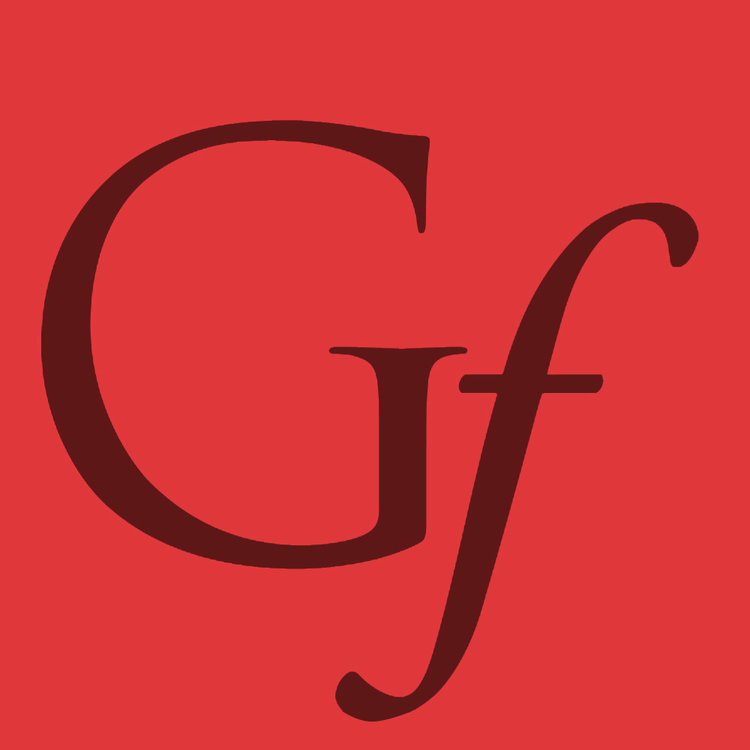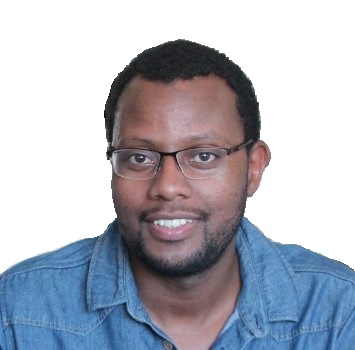The Bill & Melinda Gates Foundation continues to work with the public and private sectors in the global response to COVID-19.
The International COVID-19 Data Alliance (ICODA) and the Bill & Melinda Gates Foundation’s Grand Challenges initiative, supported by the COVID-19 Therapeutics Accelerator, are announcing an open funding call for research studies to accelerate knowledge of COVID-19 through data science: Grand Challenges ICODA COVID-19 Data Science. Register for an informational workshop to be held on January 7, 2021 (14:00 UTC), and the grant application deadline is January 19, 2021
Researchers can register for an informational workshop to be held on January 7, 2021 (14:00 UTC), and the grant application deadline is January 19, 2021.
“We invite you to read summaries of the grants awarded to date through Grand Challenges initiatives with the Gates Foundation as funder or co-funder and to explore an interactive world map of projects across the broader Grand Challenges funding partner network.If you have a great idea for one of the open opportunities, please apply. If you know someone else who has a great idea, please forward this message so they can apply and sign up on our Grand Challenges website for email updates with the latest opportunities. We look forward to receiving innovative ideas from around the world.”
To learn more about the foundation’s broader work and how COVID-19 is being addressed across the foundation, visit the foundation’s website and sign-up for The Optimist newsletter. See videos of the plenary sessions at the 2020 Grand Challenges Annual Meeting, for the first time in virtual format and with a focus on addressing the current pandemic and using partnerships and lessons learned to speed progress across a broad range of global health and development goals.


